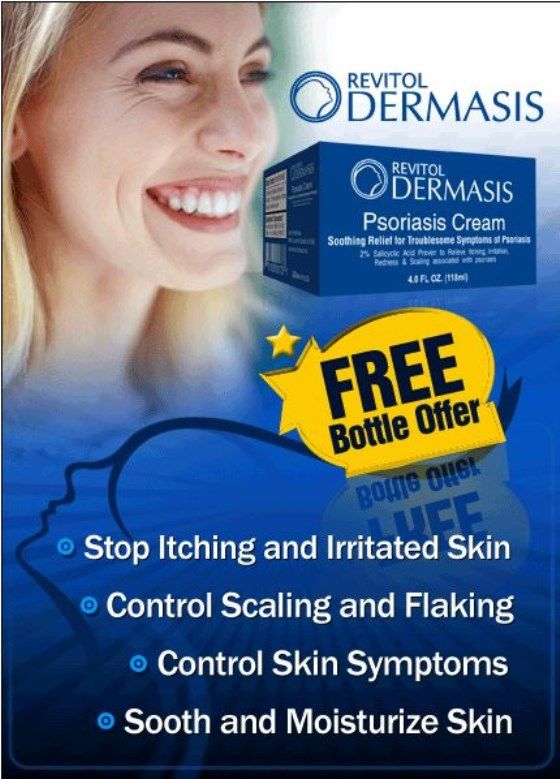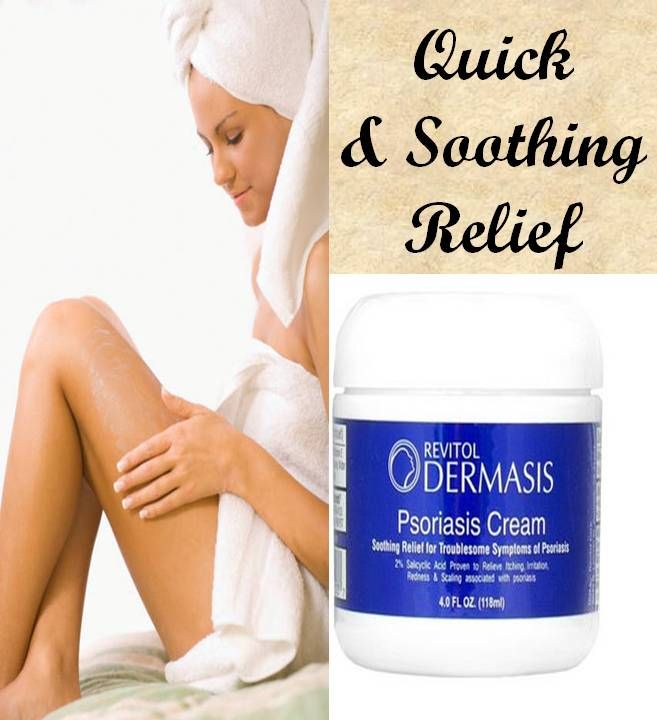Psoriasis is an autoimmune skin infection that is often confused with eczema. Psoriasis causes pain, itching and irritation. The pain of moderate and severe conditions is burning and stinging.
Patches of the infected area are scaly and made up of dead skin cells. The colour of the infected patches has different shades (hues); ranging from red, white and silvery. The infected patches are slightly elevated above the surrounding healthy skin.
The psoriatic condition may affect localized skin patches or the entire body. It can affect any body part. The most frequently affected body parts include: elbows, knees, skin folds, armpit, scalp, palm of hands, sole of feet, genitals, eyelids, ears, mouth, lips, fingernails and toenails.
The psoriatic condition is produced by a malfunction of the immune system. Once the psoriatic infection is produced, it tends to provoke the development of other infections.
This phenomenon is known as “comorbidities.” In medicine, comorbidity is the development of an additional disorder (infection), co-occurring with the primary disorder (infection).
The psoriatic condition exhibits comorbidity. Once infected with psoriasis: you become 58% more likely to suffer from a cardiac arrest, you become 43% more likely to incur a stroke, you become 46% more likely to suffer from type 2 diabetes. Up to 30% of people with a psoriatic condition, go ahead to develop arthritis.

Psoriasis Treatment – Dermasis Revitol
Other comorbidities associated with dermatological skin infection include: cancer, obesity, metabolic syndrome, lymphoma, squamous cell carcinoma and Crohn’s disease.
There are five major types of psoriasis: plaque, guttate, inverse, pustular and erythrodermic. You are most likely to have plaque psoriasis. More than 70% of cases, exhibit the plaque variant.
Symptoms and Diagnosis of Psoriasis
You can diagnose psoriasis yourself by a simple visual observation. If you are infected, you’ll feel the itchiness, irritation and pain of the scaly patches of dead cells. The infected area is slightly raised above the surrounding healthy skin. The hues of the patches are red and silvery-white.
If you are still unsure, watch the pictures in the slideshow and compare the pictures to your skin rash. If you still can’t come to a definite conclusion, see a medical professional.
Psoriasis and eczema are often confused because they have similar symptoms. However, they have some distinct characteristics that permit an accurate diagnosis.

Quick and Soothing Relief From Itching and Irritation
Psoriatic plaques form within clearly delimited borders. Eczema rashes are more spread out and have no clear edges.
Psoriatic patches are raised above the surrounding healthy skin. Eczema rashes are flatter.
In general, psoriatic plaques occur in areas atypical for eczema. Eczema tends to occur on the front of the elbows and behind the knees. Psoriatic plaques are more likely to be found outside the elbows and knees. It can also occur in other places such as the scalp, the lower back, the face, the palms and soles of feet.
Causes of Psoriasis
Psoriasis is caused by a malfunction of the immune system. The immune system falsely identifies a healthy skin cell as a pathogen and stimulates the over production of new skin cells around the supposed pathogen.
A number of conditions and environmental factors can trigger this reaction from the immune system.
Your genetic constitution is a major trigger. At least, 10% of the general population has a congenital predisposition to trigger this immune-mediated infection.

Restore Your Health and Vitality
Stress (emotional, depression, work pressure, etc) is a frequently cited trigger. Overweight people are more likely to trigger an immune-mediated response. Skin injury is also likely to trigger an immune-mediated reaction.
Any infection that impacts the proper functioning of the immune system can provoke the over production of skin cells by the immune system. Notable infections that lead to an immune-mediated response include: streptococcus infection, earache, bronchitis, tonsillitis and a host of respiratory infections.
Some medications have proven to be autoimmune triggers. Prominent examples include: lithium, antimalarials, inderal, quinidine and indomethacin.
Treatment of Psoriasis
There are several remedies for psoriatic symptoms: topical agents, systemic medication, phototherapy and alternative medicine. The appropriate remedy depends on the severity of the infection.
Topical creams are used for mild or moderate cases. Phototherapy is used for moderate cases. Systemic agents are used for severe cases.
Dermasis is topical cream that treats mild and moderate cases. Dermasis cream is a potent, all-natural formula that quickly alleviates symptoms. Elaborate scientific tests have proven the effectiveness of the Dermasis cream in providing a long term healing.

Doctors recommend Dermasis because it is the only safe and FDA-registered, topical treatment of psoriasis. Order the guaranteed Dermasis formula now and get a rapid relief from the itching and irritation of psoriasis.